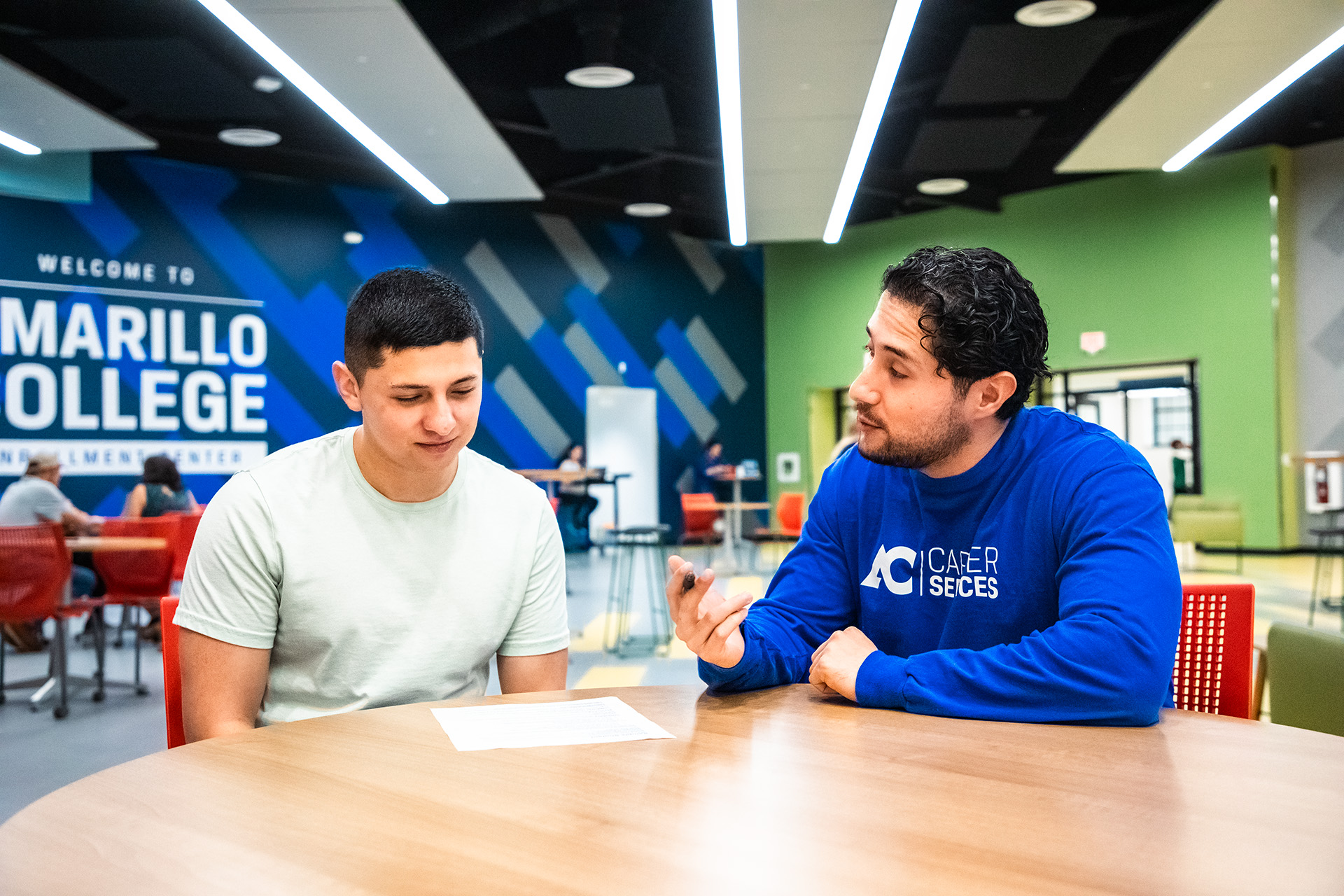Cover Letters
What is a Cover Letter?
A cover letter is a professional letter you include with your resume when applying for jobs. It introduces you to the employer and explains who you are, why you’re applying, and what you can offer their organization.

Need More Help?
That’s what we’re here for!
Email us at employmentservices@actx.edu or call (806) 371-5147 to set up an appointment with Career & Employment Services. We’d love to help you create a cover letter that helps you stand out.
What Makes a Good Cover Letter?
A good cover letter does more than just repeat your resume. It gives employers a reason to want to meet you. Here's how to make yours stand out:
1. Make It Personal
Nobody likes a letter that feels like it was copied and pasted for 100 jobs. Address your letter to a specific person whenever you can. Look on the company’s website, LinkedIn, or call and ask who handles hiring. If you can’t find a name, it’s fine to say something like “Dear Hiring Manager” or “Dear Recruiter.”
2. Keep It Clear and Focused
Your cover letter should be specific to each job you apply for. Tell the employer why you’re interested in them and how your skills can help their organization. Be clear, direct, and give examples to back up what you’re saying.
3. Let Your Personality Show
Yes, it’s a professional letter — but it shouldn’t sound robotic. Show genuine interest and confidence. Let a little of your personality come through so the employer can get a sense of who you are. Avoid generic phrases like “I’ve always dreamed of working here.” Be sincere and realistic.
All employers want people with excellent communication skills. Your cover letter demonstrates your writing skills, so write thoughtfully. Pay particular attention to grammar, typing and spelling, and avoid trite language and the temptation to turn your cover letter into an extensive autobiography.
4. Show You Can Communicate Professionally
Employers want people who can write well. Your cover letter is proof of your communication skills. Double-check grammar, spelling, and tone. Keep it short, positive, and professional — not a life story.
5. Use a Clean, Professional Format
Stick to a standard business letter format. Use an easy-to-read font, like Arial or Times New Roman, and print it on nice paper if you’re submitting a hard copy (ideally the same paper you used for your resume).
Cover Letter Tips & Samples
The cover letter is an important part of your resume. Make sure you check out the tips and examples.
Cover Letter Checklist
A checklist can be especially helpful as you finish up your cover letter to make sure it is ready to send out.